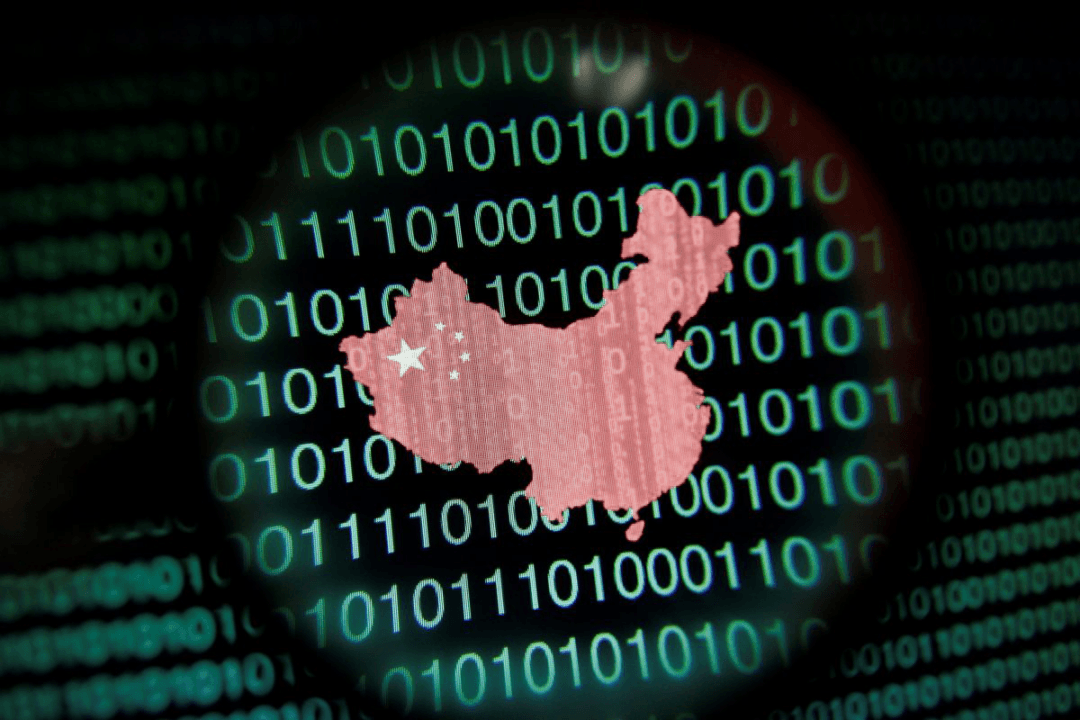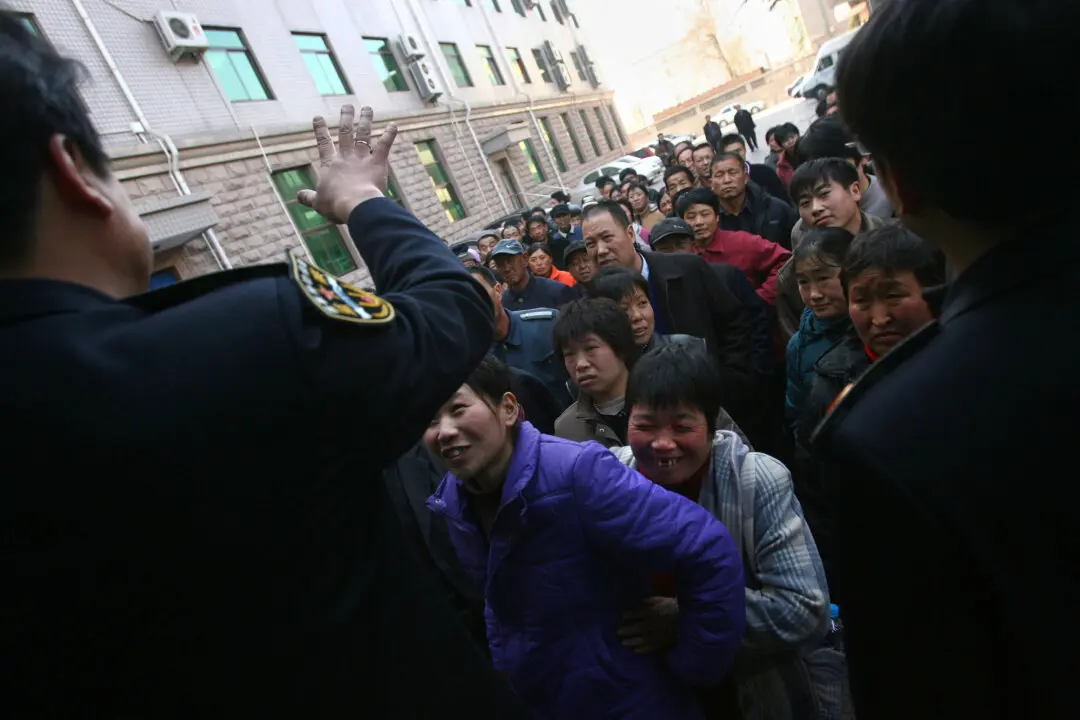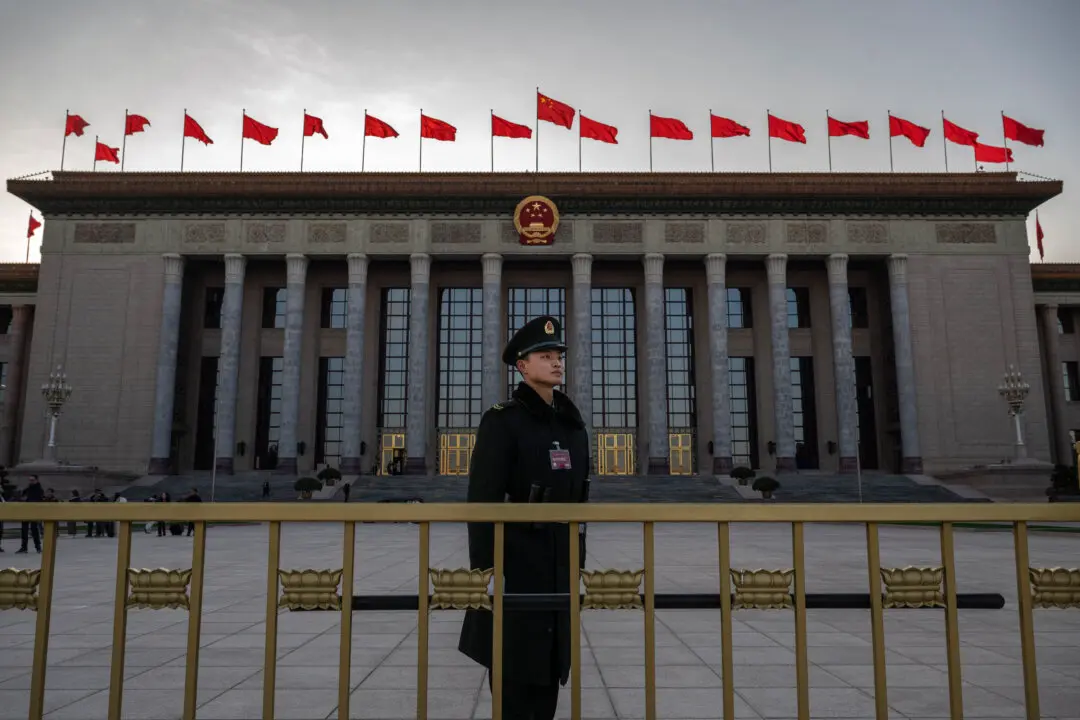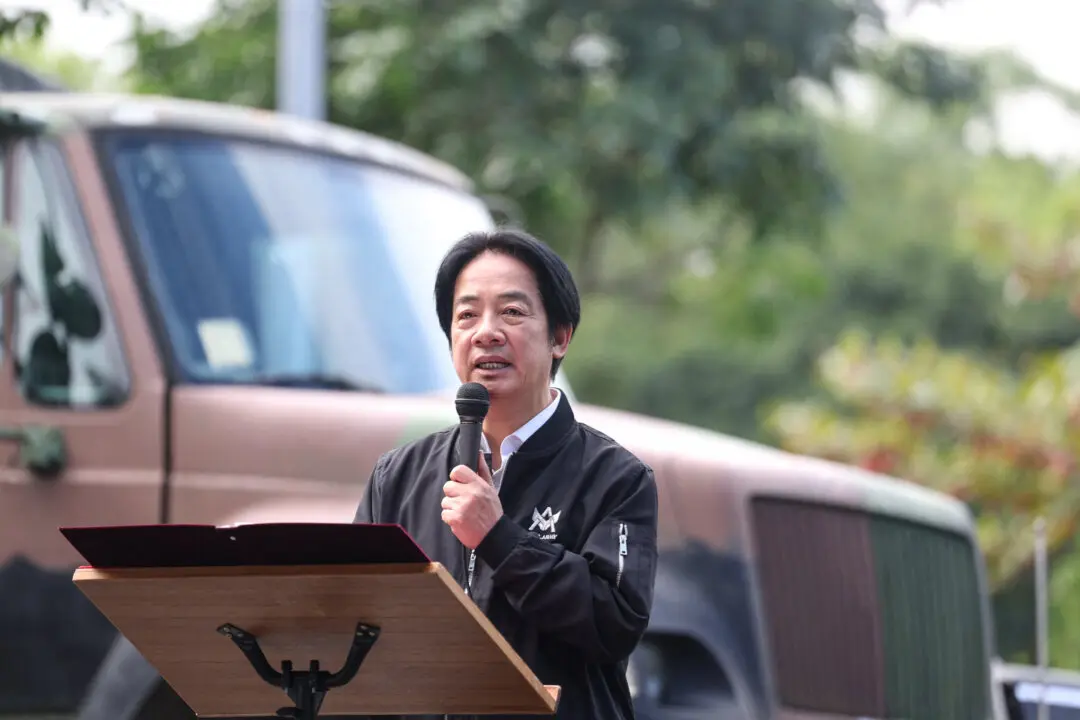For the first time, China has included Hong Kong and Macau in its annual nationwide awareness campaign on cybersecurity, another name for internet control in China.
Analysts see the move as part of broader efforts to increase online control in the former British and Portuguese territories to the same level of censorship in the mainland.





